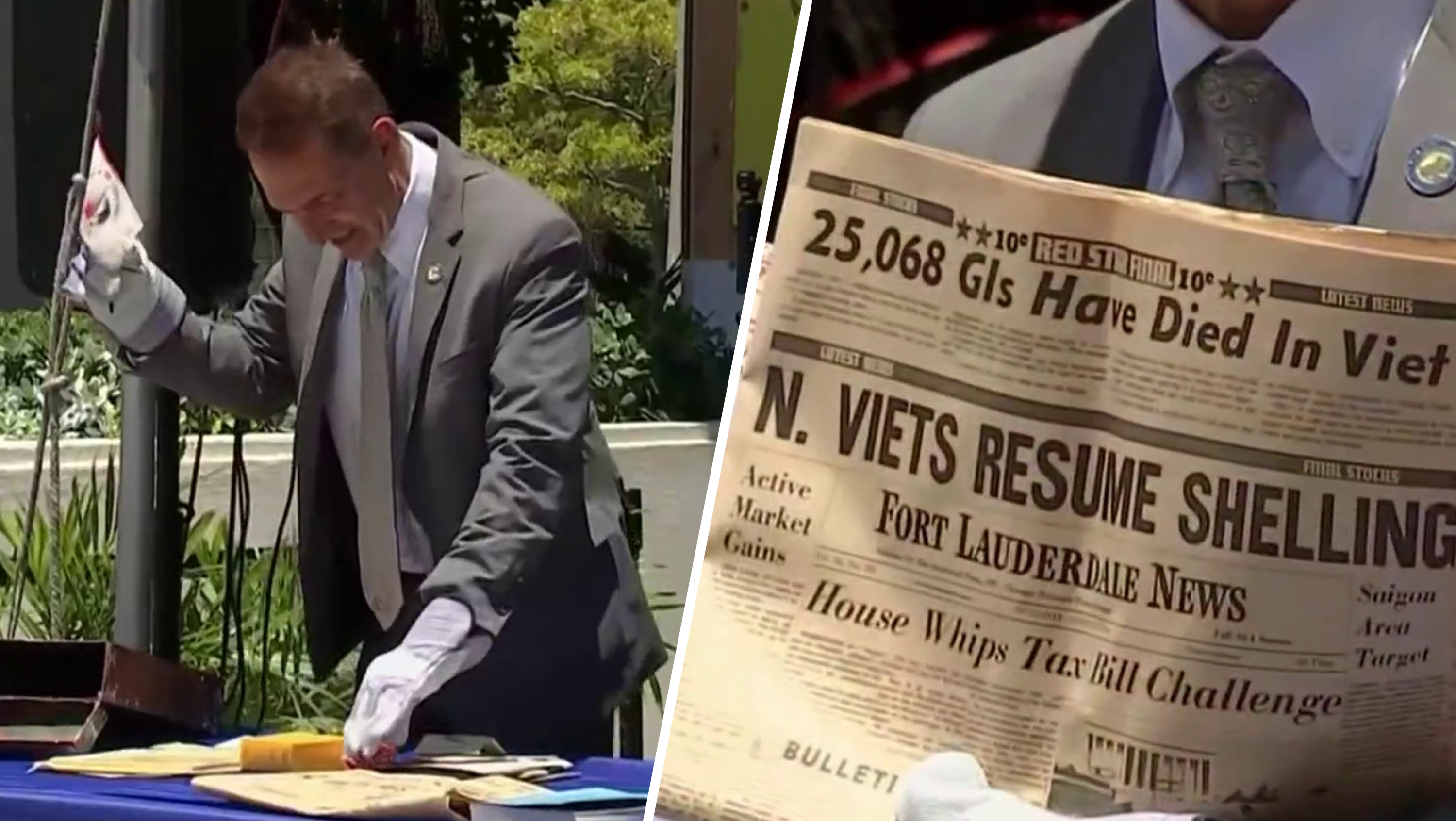Attorneys for the man who killed 17 people at Marjory Stoneman Douglas High School in 2018 have released the blueprint for what they hope persuade at least one juror to spare the life of their client.
In a notice filed Wednesday with the court, they list 32 specifics factors they will argue outweigh the aggravating factors the state will use to persuade jurors he should die for his crimes.
Jury selection is set to begin February 21st for the penalty phase of the case, after Nikolas Cruz, 23, pled guilty as charged to 17 counts of first-degree murder and 17 counts of attempted murder.
Under Florida law, the 12 jurors must unanimously agree on a death sentence, or the killer will be given life in prison without parole.
Get South Florida local news, weather forecasts and entertainment stories to your inbox. Sign up for NBC South Florida newsletters.
Among the factors the defense will use to argue for life include:
- He witnessed the death of his adoptive father from a heart attack when the future killer was five years old in 2004 and was subsequently raised by a single mother who abused alcohol and who died suddenly 15 weeks before the massacre.
- Their brain damaged client was exposed by his natural mother to illegal drugs, alcohol and nicotine in utero and had to be resuscitated at birth, with the alcohol causing a neurodevelopmental disorder.
- Immature for his age with impaired social skills, he was bullied and ostracized by his younger brother and peers and sexually abused by a trusted peer, his lawyers state.
- Medicated throughout his childhood, he was diagnosed with attention deficit hyperactivity disorder and obsessive compulsive disorder, with deficits or delays in memory, motor function, cognition and well as adaptive, executive and independent functioning.
- During the attack, he was under the influence of extreme mental or emotional disturbance and had a substantially impaired capacity to appreciate the criminality of his conduct or to conform it to the requirements of the law.
- He was diagnosed with acute psychosis immediately after killings.
The jury will be asked to weigh those so-called mitigating circumstances and any others the defense might raise against aggravating. circumstance the state will use to argue for death.
Local
Included in those is the heinous, atrocious and cruel nature of his crimes carried out in a cold, calculated and premeditated manner against dozens of people during class at a high school.



